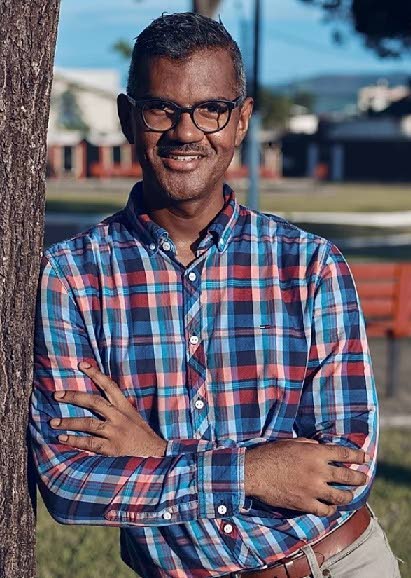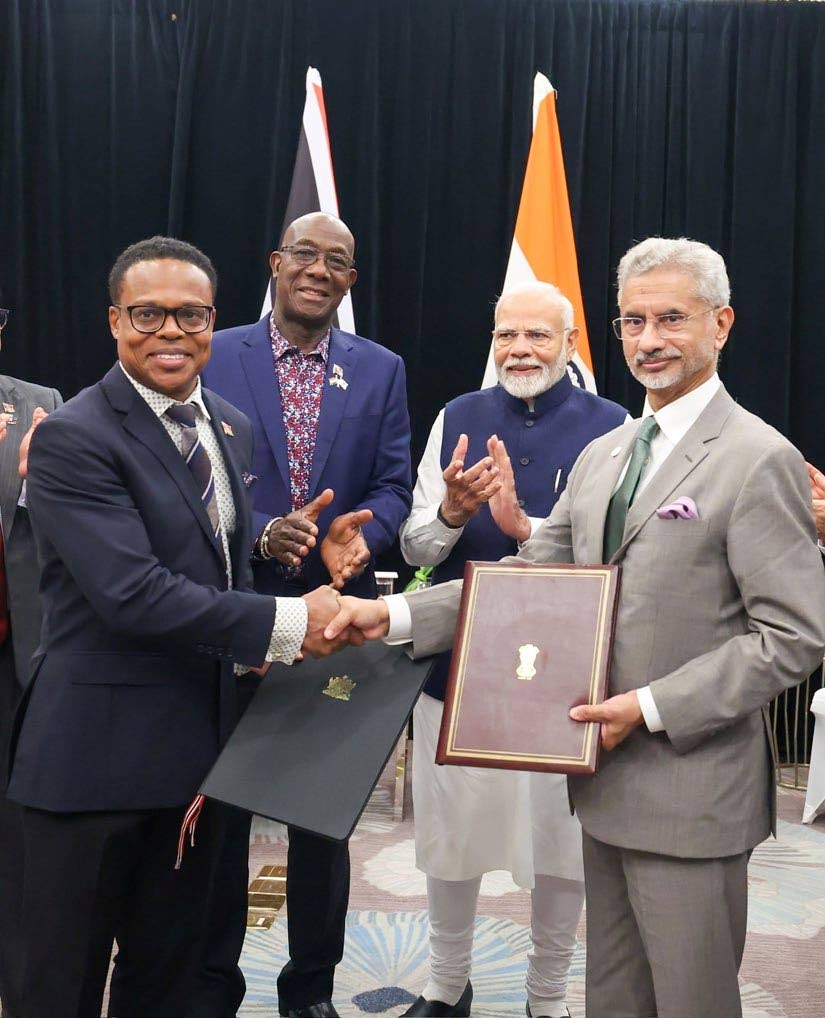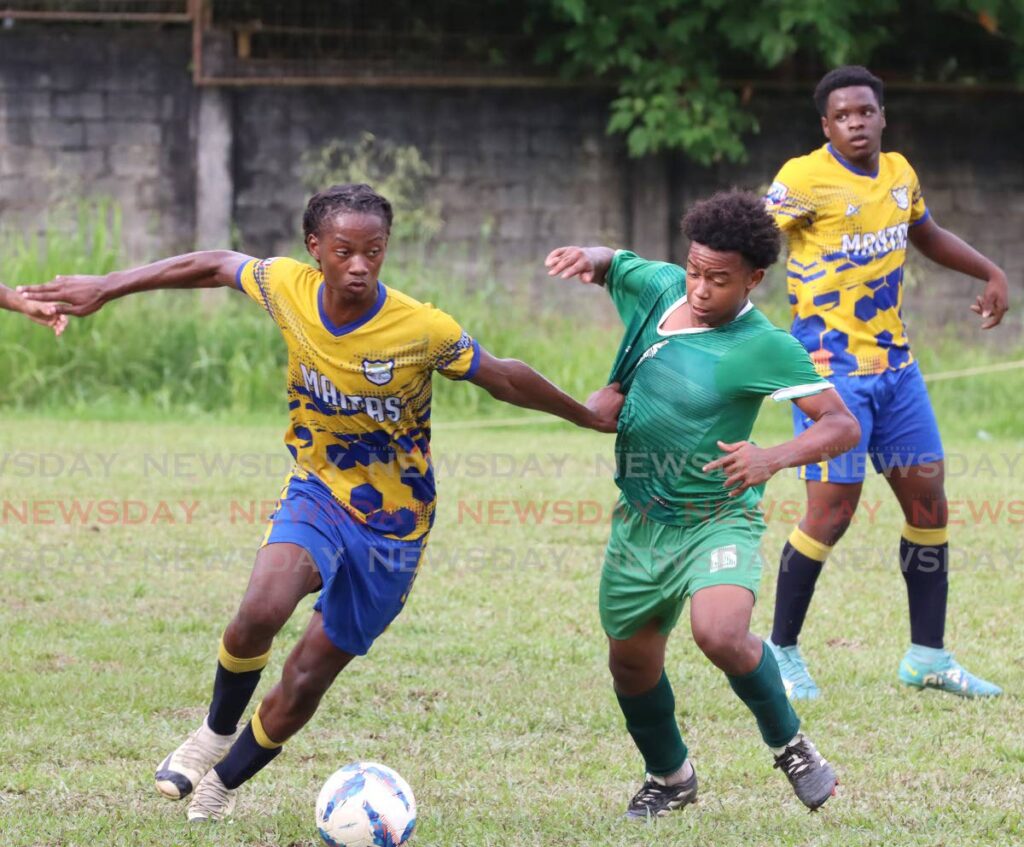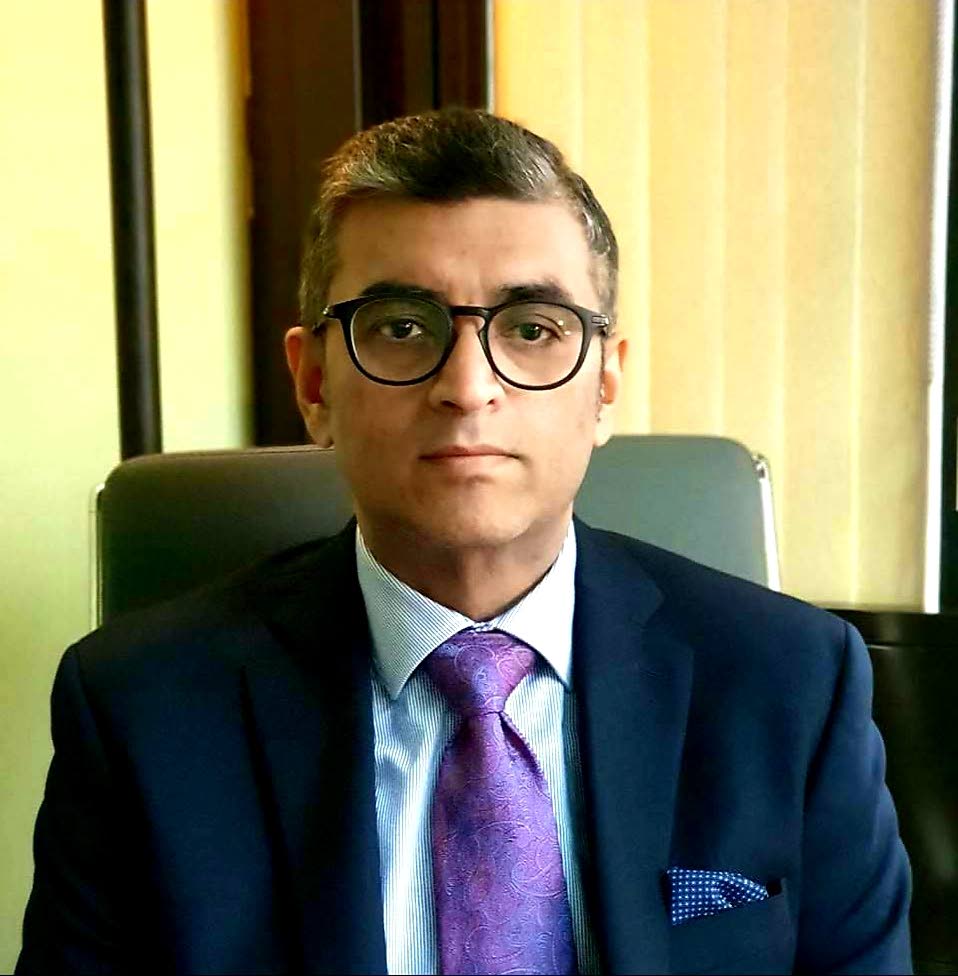The bullying that dare not speak its name
Written by Andre Bagoo on October 13, 2024

THERE IS one fact about bullying in schools you will not hear religious leaders, politicians or their ilk talk about.
That fact is this: 28 per cent of students – one in four – are bullied on the basis of their perceived sexual orientation or gender expression, according to one of the last surveys on this issue.
“You so gay,” “You like boys or what,” “Battyboy,” “Buller,” “Faggot” – if you are uncomfortable reading such words, consider this: these are not just the common slurs scrawled on the walls of bathroom stalls in schools all over the country. They encapsulate, in language, the reality of intolerance many students face day to day, week to week, month to month, year to year. One in four.
But statistics lie. Most minors face this issue in a silence beyond the reach of pollsters. Nobody wants to be seen as weak. Nobody wants to admit to being called names. Nobody wants to risk losing a parent’s love by telling them all the boys in school think they’re gay.
When homophobia increases, bullying increases. When intolerance prevails, children are afraid to speak. Just as students are silenced, so too is discussion of the impact of homophobia on our most vulnerable actively suppressed. Like homosexual love itself, it is the form of bullying that dare not speak its name.
Where does homophobia originate? It starts, literally, upon arrival in this country.
The Immigration Act bans the entry of homosexuals. The prohibition does not apply to citizens, but the message is clear. When Elton John, whose career might not have been what it became were it not for the inspiration of Trinidadian Winifred Atwell, performed in Tobago in 2007, a group of pastors cited the act in a failed bid to stop him. Officials say this law is not enforced. Yet it is the existence of the law that sends the message.
Citizens fare no better than foreigners under other laws. The Equal Opportunity Act permits discrimination based on sexual orientation.
It is not that the legislation merely omits this kind of discrimination in its provisions. It goes out of its way to tell courts they are not to assume this group of people is protected. The Court of Appeal in 2022 proved this: it declined to purposively interpret the act. One judge in the case said the astuteness of the legislation’s policy of exclusion was “no concern of this court.”
Others have been more generous. In 2016, in response to a question in Parliament about measures to protect LGBTQ people, the Prime Minister said, “Every citizen of TT, regardless of who he or she may be, they have the protection of the written Constitution in letter and spirit in TT.”
Letter and spirit? Tell that to the Court of Appeal.
And tell that to a bullied child crying in a bathroom stall.
To what use will he put that theoretical constitutional fact? Will he retain senior counsel to injunct his tormentors?
At least Dr Rowley noted the police have a duty to all citizens, regardless of who they sleep with. Opposition Leader Kamla Persad-Bissessar, meanwhile, has flipflopped. When she was PM, she backtracked on an earlier position and said the country was “too divided” on the issue of a gender policy, though a later UNC manifesto document spoke of a commitment to human rights for all.

Andre Bagoo –
Also using bully pulpits to chime in poorly on this issue are religious leaders. Take, for example, Archbishop Jason Gordon.
Archbishop Gordon has a new cause. In recent months, he has targeted the Samoa Agreement.
If you have never heard of the Samoa Agreement, you are not alone. The archbishop’s campaign against this trade pact with the EU is strange. He has told congregants the document, which aims to “promote, protect and fulfil human rights, democratic principles, the rule of law and good governance, paying particular attention to gender equality” is just a way to bring LGBTQ rights in through the back door.
But the previous deal, written in similar terms, was in force for two decades and this country did not go gay. And according to St Vincent and the Grenadines Prime Minister Ralph Gonsalves – a devout Roman Catholic – the deal does not commit countries to change any laws unless decided by their elected legislature.
The pushback against the Samoa Agreement draws on a false, alarmist narrative.
What makes the archbishop’s anti-LGBTQ campaign particularly strange, though, is how it contrasts with the story of Jesus Christ. Jesus welcomed the lowly, the downtrodden, the despised, those shunned and castigated by society.
But then again, Jesus was not pardoned. The mob instead chose Barabbas.
That games are being played to stoke hate is made clear by the recent internet brouhaha over the opening ceremony of the Paris Olympics. Christians all around the world alleged they were being “prosecuted” by drag queens and their beliefs “mocked.” The Last Supper, a painting by one of history’s most famous homosexuals, was desecrated, they said, by the ceremony.
Such Christians sought to transform members of the LGBTQ community – subject all over the world to bullying, violence and discrimination – into aggressors, not victims.
This was no accident. A similar right-wing tactic was seen in the recent circulation of a petition calling for the ban of LGBTQ books in schools, when there was no plan to introduce such books in the first place.
Schools are microcosms of society. Students witnessing adults failing to stand up for and, in some cases, mobilising against a vulnerable community can only come away with one lesson. They will reflect what they see.
In sharp contrast, those who hold positions of authority are refusing to mirror the world around them and the interests of decency. The vicious cycle of silence persists. The erasure continues. The childhood taunts go on. All this discussion now.
But when the raised voices fall quiet, nothing, on this point, might change.
Andre Bagoo is a poet, writer and journalist.
The post The bullying that dare not speak its name appeared first on Trinidad and Tobago Newsday.




